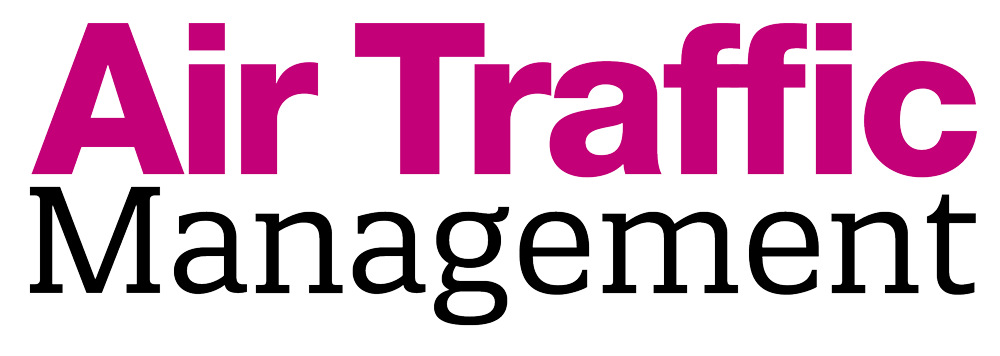The new regulation to boost the drone sector in Spain (Royal Decree 517/2024 approved on 4 June by the Council of Ministers and published in the Official State Gazette the following day) allows flights to be made without coordination outside the geographical areas where certain conditions are required for operational safety, and it does away with the requirement to use a radio, file a flight plan and other systems.
The Royal Decree also marks a step forward in adapting to unmanned aircraft operations and promoting the sector, breaking away to a large extent from concepts traditionally associated with manned aviation, such as controlled airspace, places that imposed very demanding flight requirements on professionals, and where even recreational flying was prohibited, except in clubs.
The new decree details the coordination procedure much more clearly, specifying the steps, data required and deadlines imposed on drone operators, air navigation service providers and aerodrome managers, improving in flexibility and agility compared to the previous law.
As part of its adaptation process, ENAIRE is also continuing to develop its ENAIRE Planea application, as well as procedures, in order to facilitate drone flights in areas under its responsibility as per this new standard.
ENAIRE will provide aeronautical information
Since 2018, ENAIRE has been making available to drone pilots the information they need to safely plan their flights. It does so through ENAIRE Drones, which, with over 7 million visits in its history, has received nearly 200,000 monthly consultations in six years.
This new Royal Decree designates ENAIRE as the entity responsible for making available, in a common digital format, information on the geographical areas for drones identified in sovereign Spanish territory and airspace. This is a significant recognition of the work carried out over the last few years by the national air navigation service provider, and a significant future challenge in this fast-growing sector.
ENAIRE is already working to adapt ENAIRE Drones to this new regulation, and it will soon present a new version where users will be able to check the new UAS Geographical Areas (for drones) defined in the Royal Decree, and which replace the current areas with restrictions on drone flights.
ENAIRE's application, ENAIRE Drones, will facilitate the proper implementation of the Royal Decree, which, in turn, is an important milestone for the development of the sector.
ENAIRE, key to U-space development
With its designation as the Sole Provider of Common Information Services, the Royal Decree gives ENAIRE a key role in the deployment in Spain of U-space, which is the set of services that will allow the digital and automated management of complex drone operations with full safety assurances in airspace designated for this purpose.
The Royal Decree, which implements the legal system for the use of unmanned aircraft systems (UAS) and provides legal stability and security, assumes that ENAIRE, once certified, will be the exclusive provider of Common Information Services in all U-space airspace that falls under Spanish responsibility.
With these services, which it will provide through its U-space digital platform, ENAIRE will play a crucial role as the provider of common information services, and relay operational data between conventional air traffic service providers and U-space service providers, the entities which are tasked with providing these digital services to drone operators.
ENAIRE also plans to be certified as a U-space service provider. This will boost innovation and the adoption of U-space solutions in Spain, allowing for the more secure and efficient integration of drones into its airspace.
The U-space implementation is part of the National Action Plan for U-space Deployment (PANDU), and it is essential to reinforce the societal implementation of the future operation of delivery drones and air taxis to transport people.
This new Royal Decree will also affirm ENAIRE's role and leadership in European projects to validate and demonstrate U-space in which ENAIRE is involved, such as U-ELCOME, EUREKA and OPERA. These projects are at the forefront of research and development in the field of drone traffic management, and ENAIRE's involvement will contribute to the global advancement of U-space technology.
